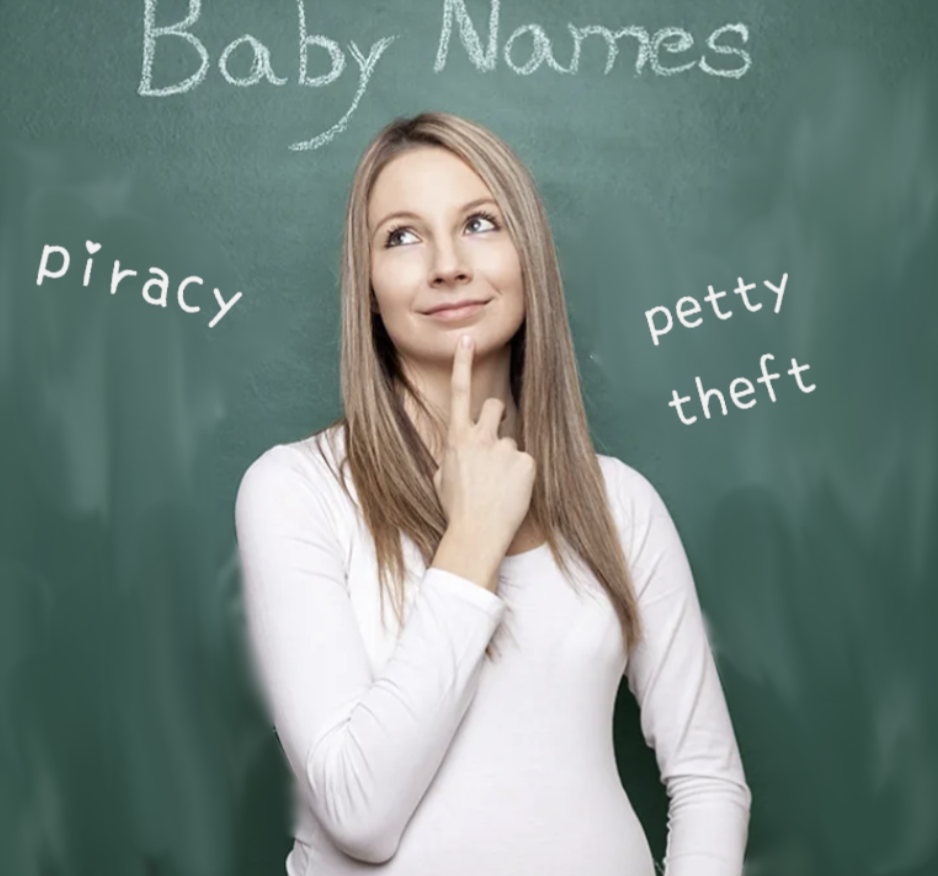





compassion and wire
I like this pair. The stitcher’s gentle intentions contrast with the hard physical work of cutting, crimping, braiding wire.
I’m down. Suggesting is hard. I’ll toss out “Made Flesh” by Craig Arnold because I’ve been meaning to check it out.


“Having nothing to hide” sounds like worrying about getting in trouble from data. But you can also get yourself and others into trouble being tracked or manipulated without consent.
A big problem is that data does not usually go away (even of you erase or delete it or forgot you shared it).
Any data you reveal can build up over time. The more data available on you, the easier it is to triangulate, to find you specifically.
And patterns happen over time. More data on your habits makes it easier to predict what you do, easier to manipulate you. Not just with advertisements or insurance rates, I mean outright scams. For example, my grandfather got conned out of $5k by a scammer who could impersonate my cousin based on the cousin’s facebook, linkedin, and public records.
We also have very little insight into how much data we generate. Especially online, we can’t imagine the amount of logged activity and data generated. This makes it hard to meaningfully say “I don’t have a problem with how somebody uses my data” because we can’t even grasp the scale of the data and how it can be used.
I also second another poster who mentioned you don’t have anything to hide now, but times change. You can’t go back and protect data once it’s used against you! I have firsthand experience with that in Texas, USA. I worked with a company that realized in July 2022 that they should NOT record if people were pregnant in a huge database. We didn’t want to have data on a pregnancies that may not work out for whatever reason in Texas because it could be used against people.
I just read his All-American Poem in April thanks to some librarians’ curated National Poetry Month display. It’s ecstatic, melancholy, silly sometimes. Check out “Grief” https://www.poetryfoundation.org/poems/150394/grief-5d0c057c36f0c
There’s a poetry place now? Phenomenal!
Picking a top three is difficult. I pick Eliot, for imagery and mastery of meter and allusions/historical webs of meaning. I love Auden the same.
At the moment I’m really into Safia Elhillo and Matthew Dickman, they’re my favorite contemporary poets.
I credit Shel Silverstein for my earliest love of poetry.
Somehow pets get a million names. My oldest dog is 15 and called Luna AKA Moonbeam AKA Toons. In combination with the other dog she is sometimes The Simple Farmers.
Two big goofy dogs and one small mischievous parrot who terrorizes the dogs with air superiority. Stealing food and toys and all that. All of them were strays who accidentally became family, which fits in perfectly around here :)
I’m Joey, queer, she/her. My hobbies are having pets, playing music, reading, writing, running. I like to talk culture, politics, existential crises, trivia, jokes. I sometimes make memes. Nice to meet you.


So I am a researcher by trade in this field, got a PhD, and develop these kinds of stats (at a more local level). I also have taught basic adult literacy for about 15 years. I think the poster was likely referring to an NCES stat.
We tend to think of adults with low English literacy as people who dropped out of school or never went. We also tend to think “illiterate” is binary, you can read or you can’t. But the definition is based around grade-level reading (what can you identify and synthesize from standardized text in English in a given time frame) and inclusive of a broader population. We’re talking about people who can’t pick up a copy of USA today and tell you the main idea of a front-page article. They can drive, they can work, etc. So they get along and this issue get ignored.
For example, some stats on illiteracy will count “non-participants” among those who can’t read/write, but this includes people in the study with cognitive disabilities or language barriers to the point that they can’t take the reading test. The share of U.S. adults who are functionally illiterate in English includes some non-native English speaking adults and also a couple generations of folks with reading diasbilities who passed through school, AND people who didn’t read for myriad other reasons.
I have tutored older adults learning to read/write for many years and have met a lot of people who ran businesses or raised families or worked full careers before learning to read. Adaptable and clever bunch. And even many U.S.-born native English speakers who got shuffled through high school despite serious disadvantage and/or disabilities.